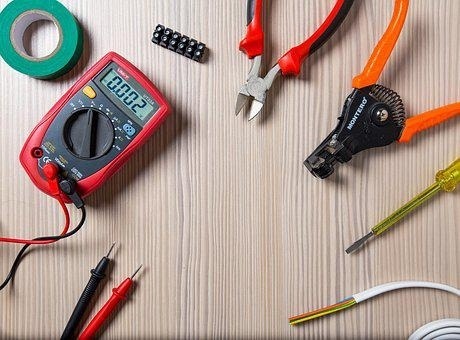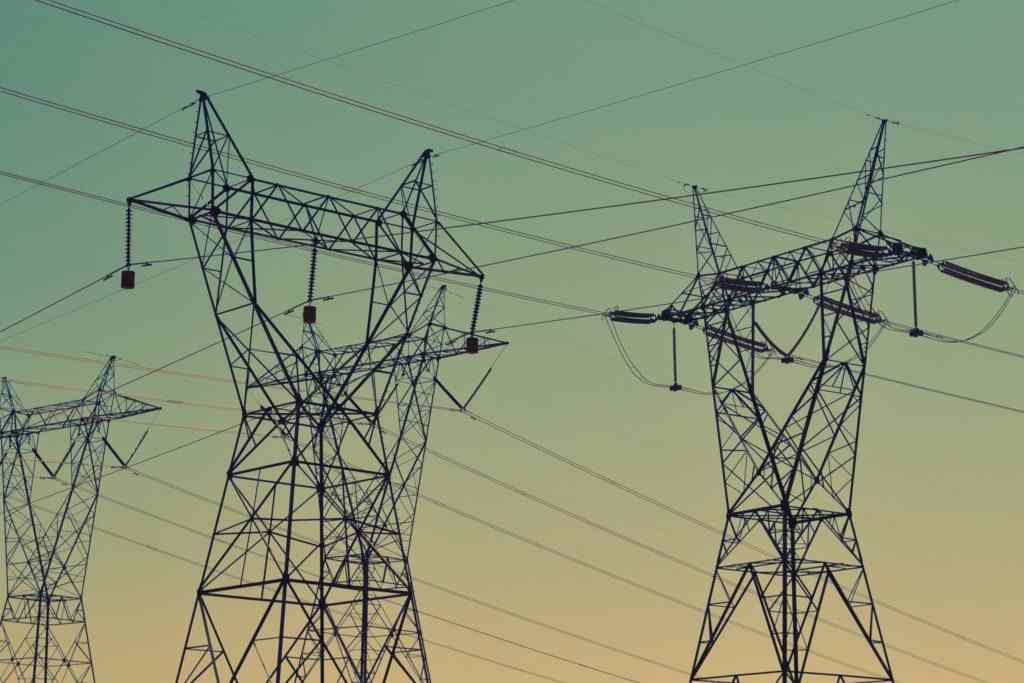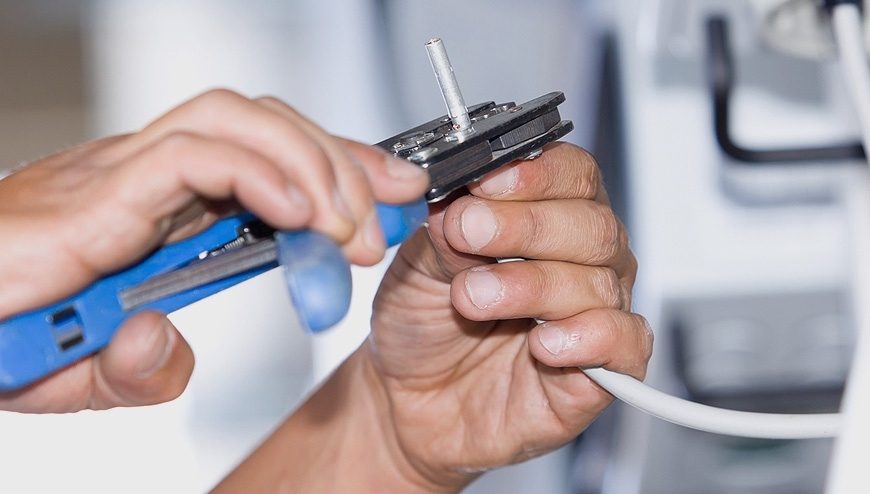Electricians Chesterfield VA
Chesterfield Electrician

When determining the conduit size, make sure to use one that is large enough to accommodate the required number of wires. Make sure that the conduit is large enough to accommodate the number of wires and the size of each. Failure to do so may result in excessive strain when drawing the cables through. Additionally, it can lead to damaged insulation. Fortunately, many conduit electrical wiring techniques do not require you to run a large number of wires through a single space.
Getting an electrical safety inspection is vital if you want to ensure that your home is safe. Damaged wires and outlets can be a major source of danger and can overheat if a circuit overload occurs. Faulty breakers can also cause appliances to stop working and light fixtures to flicker. Over time, electric meters can also become faulty. An electrician can help you avoid these problems by performing an electrical safety inspection.
Keeping a tidy workspace is an essential organizational skill. A cluttered desk spells trouble - you might lose an item or damage something! Another important skill is time management, which is vital for satisfying customers and keeping them calm even in busy periods. Employers will look for effective time management skills in any potential employee, as it is one of the key skills in a construction company. Without it, a business can lose clients, miss deadlines, and fail to meet efficiency and time-specific goals.


